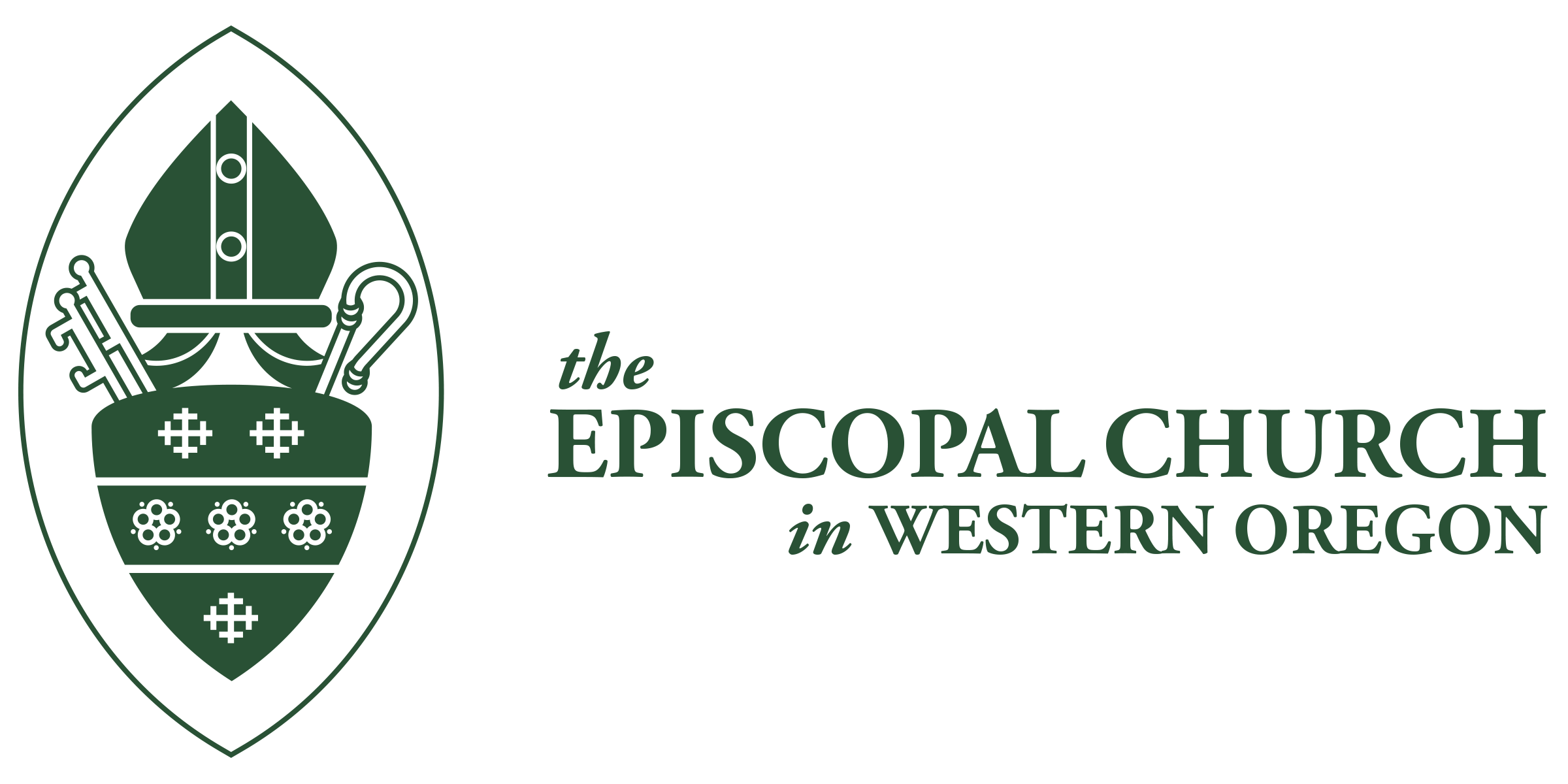Dear friends in Christ,
The Annual Meeting of the Convention is this Saturday, and I look forward to seeing our clergy and delegates as we tend to the mission and ministry of the diocese. This gathering is an opportunity for us to think about our identity as the body of Christ and, in these times, how we are being called to redouble our faithfulness.
I continue to relish Presiding Bishop Curry’s visit to our diocese last month as I remember snippets of his talks and words of encouragement. One of the comments he made, almost as an aside, was about Episcopalians’ lack of familiarity with the Scriptures. With humor and a gentle verbal nudge, he said something like, “I sure would love our clergy to know the Bible better.”
If you have listened to Bishop Curry’s sermons and speeches, you have undoubtedly been inspired by his facility with the Bible. His easy recall of chapter and verse, and detailed retelling of stories in the Hebrew Bible is a model for Episcopalians. He is fond of citing his family roots in the Baptist tradition as the reason for his grounding in the Scriptures. One of the jokes we like to make about our Episcopal tradition is about a parishioner who remarked to the rector, “Gosh, the Bible quotes the Book of Common Prayer a lot!” Our liturgy immerses us in the Scriptures alongside the Lectionary. But reading the stories from beginning to end or reading an entire chapter is a different kind of immersion.
This morning I received an email from one of our priests who shared with me their commitment to reading the entire Bible in a year. It was so rewarding and revelatory that they decided to do so again for another year. Perhaps this sounds daunting to some. Before we shrug off the idea, it deserves serious reflection, given the central place of the Bible in our faith. As the inspired Word of God, the Bible tells not only stories of our ancestors, it continues to speak to us and reveal our story today. Our prayers, worship, and meditations ought to be grounded in Scripture not as a straight-jacket but as a foundation and a compass.
In various talks, I have made the observation that we are in a time of chaos, and our call is to surf the chaos rather than attempt to control it. Experienced surfers will tell you that the hardest part is paddling out to the wave before even standing on the surfboard. Immersing ourselves in the Bible in order to surf the chaos of our world is very much like paddling out to the wave. It is the hard work that makes riding the wave possible.
I invite each one of us to develop a plan to read the Bible in such a way that the Word reveals, guides, grounds, and inspires on a daily basis. Even better, let’s commit to memory an insight connected to a chapter and verse we can cite the next time we are with Bishop Curry!
Blessings,
+Diana
